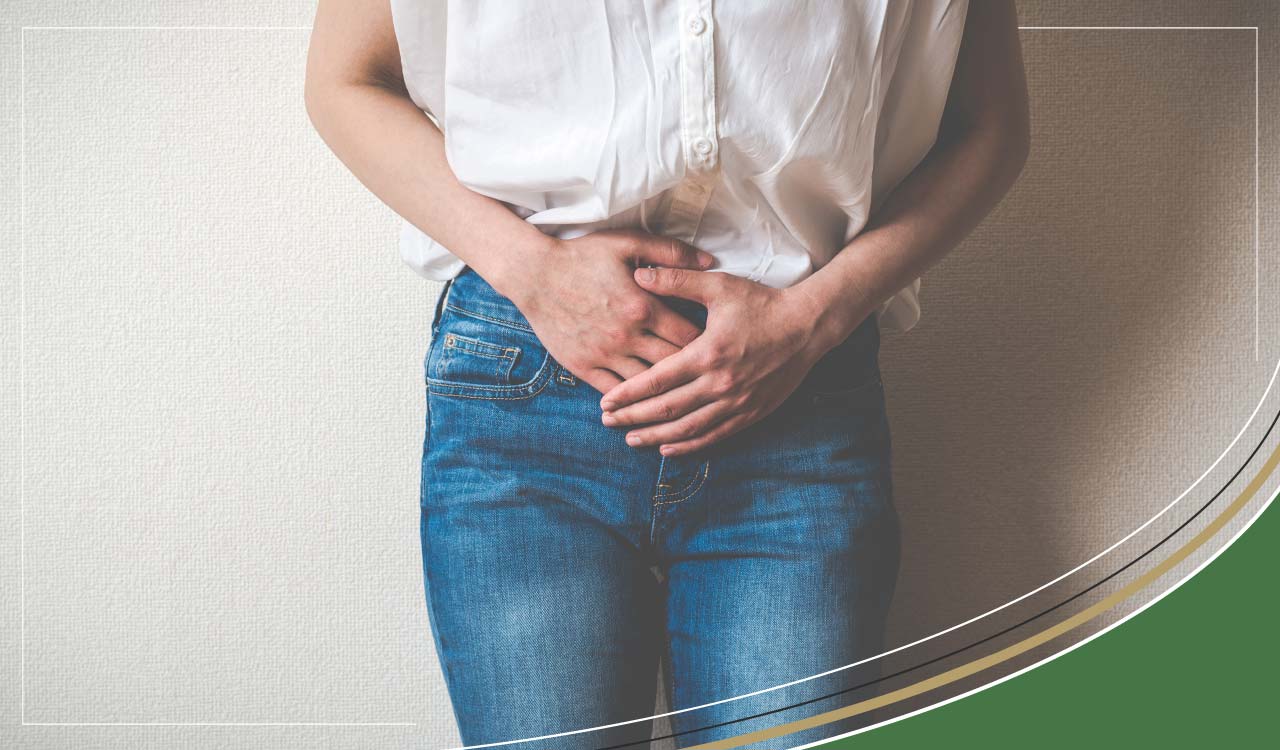Kidney Infection

Medical name: pyelonephritis
A kidney infection is a type of urinary tract infection usually originating in the bladder or urinary tract and progressing into one or both kidneys. If not promptly treated, a kidney infection can lead to irreversible kidney damage, kidney failure or can spread to the bloodstream to become life threatening.
Estimated to affect less than 0.2% of the population, kidney infections are around 4-6 times more common in women than in men. Symptoms including fever, extreme fatigue, pain in the back or side, confusion and vomiting, often manifest in a few hours. Treatment with the right antibiotics will resolve most infections within 2 weeks.
Function
Kidneys are the body's toxin filter, cleaning the blood by removing impurities from medications and food, by means of about 1 million tiny tubes in each kidney called nephrons. Larger proteins and cells are retained, while finer waste particles are filtered into what ultimately becomes urine. Similar in shape to beans, they are located just below the back of the rib cage, on either side of the spine.
Kidneys also help maintain a stable balance of water and salts in the blood and produce hormones that aid in the formation of red blood cells, promote bone health, and regulate blood pressure, making them vital to the overall health of the human body.
Prevalence
The NHS estimates around 830 people per year develop a kidney infection in the United Kingdom. In the United States, 15-17 females, and 3-5 males per 10,000 population contracted acute pyelonephritis, according to a study on the incidence of kidney infection by the University of Washington. 80% of those cases were caused by E. coli.
Men
Prevalence amongst adult males increases with age, with diabetes being a likely risk factor.
Women
Women are especially vulnerable because they're more likely to contract Cystitis. Younger women are generally more sexually active and more likely to use contraceptives, both risk factors for Cystitis.
Pregnancy
Pregnancy poses additional risks due to the added pressure on the urinary tract from the growing fetus. The ureters may shift, or be compressed, restricting the flow of urine, increasing the chance of infection. Hormonal changes also make it more difficult for the body to fight infection. Use medications as advised, once medical diagnosis is firmly established, and only if clinically unavoidable. Avoid drug therapy during the first trimester to lower the risk of potential complications. Some antibiotics (streptomycin, tetracycline) are deemed to pose a serious risk of teratogenicity. A Murdoch Children's Research Institute study concluded that children born to mothers who were prescribed antibiotics during pregnancy may have up to a 20 percent increase risk of infection in early life.
Infants
Infants under the age of 5 are more likely to develop a kidney infection due to birth abnormalities.
Causes
Most kidney infections are caused by E. coli invading the urinary tract. E. coli normally reside in the intestines where they help digest food. Unfortunately, they can enter the urethra, progress to the bladder, and then travel up through one or both ureters to infect the kidneys. Less commonly, they can enter the bloodstream via the skin and spread to the kidneys.
Risk Factors
- Being young, female and sexually active can increase the chances of contracting cystitis, the leading cause of kidney infection.
- Being pregnant can put extra pressure on the womb and urinary tract, sometimes compressing or shifting the ureters, restricting urine flow.
- Being diabetic has been suggested as a likely contributing factor in the University of Washington's Study.
- Having birth abnormalities in the kidney increased the risk for children under the age of 5.
- Using a catheter for an extended period of time.
- Having a weakened immune system from HIV/AIDS or other pre-existing conditions, or from immunosuppressing medications.
- Having kidney stones can cause blockages in kidneys, ureters and the bladder.
- Having an enlarged prostate or bacterial prostatitis.
Symptoms
- Fever/high temperature or hot/cold sweats
- Extreme fatigue, even after walking very short distances
- Blood in the urine
- Pus in the urine, cloudy, or viscous urine
- Very dark urine
- Depressed appetite
- Confusion
- Pain in the lower back, sides, or groin
- Feeling nauseous or vomiting
- Diarrhoea
Many of the symptoms of Cystitis may able be present.
- Pain, burning or stinging when urinating.
- Urinating frequently, usually with pain.
- Urgent need to urinate, then passing only small amounts of urine.
- Passing urine that is dark, cloudy or strong smelling.
- Feeling that the bladder still needs to empty after urinating.
Children may also wet their beds.
When to see your Doctor
Left untreated, a kidney infection can become life-threatening. Chronic kidney infections can cause permanent and irreversible damage to your kidneys. If you have concerns about your health you should always see a medical professional as soon as possible.
If your symptoms are severe, you feel very unwell, or exhibit multiple symptoms, seek medical attention as soon as possible. A kidney infection can develop in as little as a few hours.
Diagnosis
The Doctor will ask you about your symptoms, your medical history, and physically examine you, focusing on your groin area, checking for sensitivity to pain. Men may be asked to undergo a prostate examination at the same time. If an infection is suspected, a urine sample will be requested. The presence of bacteria, pus, blood, leukocytes and nitrites in the urine indicate an infection, but cannot pinpoint it's location.
The urine sample may be sent to a specialist for culturing to identify the specific causal strain of bacteria. Once the pathogen, or combination of pathogens, have been identified, the Doctor will prescribe antibiotics designed to target the bacteria causing the infection.
Treatment
Antibiotics to combat the most common types of infection are often immediately prescribed, and may be adjusted once test results have confirmed the exact cause. Its important you complete the full course of antibiotics prescribed.
Adults with a bacterial cause of kidney infection will usually be treated as outpatients with a prescribed 1 - 2 week course of antibiotics, and pain killers as required. You should start to feel better within a few days, and completely well after about 2 weeks. A longer course of antibiotics, up to 6 weeks, may be prescribed for men with prostatitis with further investigation carried out.
Your Doctor may ask you to stay rested and drink plenty of water to help flush out toxins and bacteria from the urinary system.
Children are more likely to be hospitalised, with antibiotics usually administered intravenously for the first few days, then taken orally. Hospital stays typically last between 3-7 days before symptoms improve and patients are well enough to continue treatment from home.
Hospitalization is more likely if there is:
- Severe dehydration
- Severe pain, fatigue, frailty or confusion
- Severe vomiting or diarrhoea
- Signs of severe infection, blood poisoning, or low blood pressure
- Diabetes
- Pregnancy and fever
- HIV/AIDS or cancer
- Kidney stones
- A history of kidney infection
- Are 65 years of age or over
- Are 5 years of age or younger
- Or you do not respond to treatment within 24 hours
Surgery may be required if there is a large kidney stone causing a blockage, anatomical abnormalities or an enlarged prostate.
Once you have completed your course of antibiotics, your Doctor will request another urine sample to determine if treatment was successful. If the infection returns, you may be prescribed a stronger antibiotic, or a longer course.
Prevention
Risk can be mitigated by practising proper hygiene.
- Shower after using the toilet. Showering is better than bathing, as pathogens flow away.
- If possible, urinate, and then shower before, and again after being intimate.
- Wash genitalia when showering, not excessively, but in a similar way to washing hands.
- Your Doctor may also prescribe a low dose of antibiotics as a preventative. Talk to your Doctor about suitable antibiotics if you are trying to conceive.
- Treat any cases of Cystitis or UTI as soon as possible.
- Drink plenty of water to remain hydrated and flush the urinary system of bacteria.
- Minimise or avoid the use of irritants such as douches, flannels, scented pads, diaphragms, spermicide or products containing excessive chemicals.
- Avoid delay when feeling the need to urinate.
 Free Royal Mail 24 Tracked Delivery
Free Royal Mail 24 Tracked Delivery
 UK Customer Service - 01904 789 559
UK Customer Service - 01904 789 559
 Read Thousands of Independent Reviews
Read Thousands of Independent Reviews















